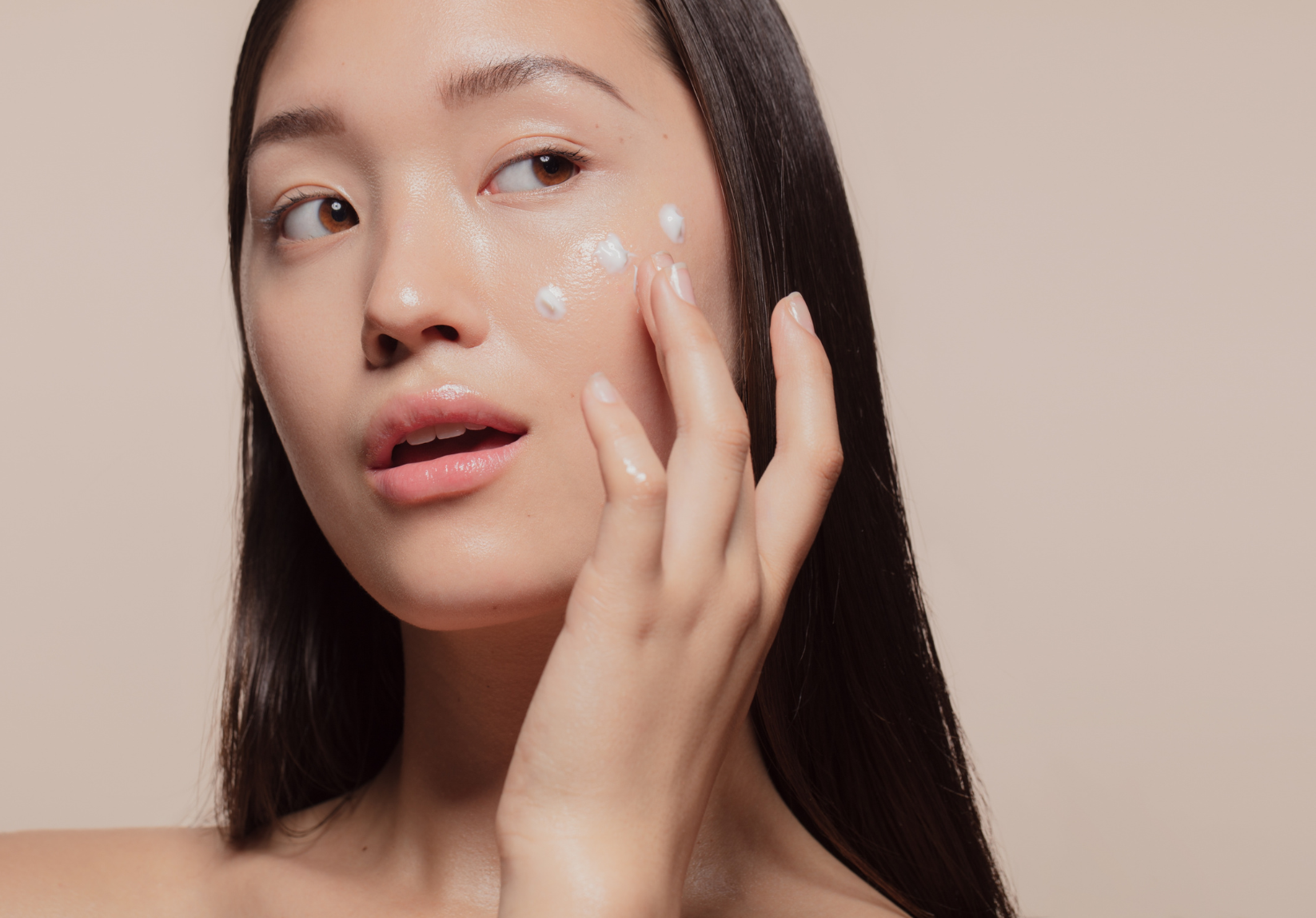
Protect Your Skin Indoors with Sunscreen
Did you know that the sun’s UV rays can affect your skin even when you’re indoors? This might come as a surprise, but understanding why and how you should protect your skin inside your home or office is crucial. In this blog post, we’ll explore the importance of wearing sunscreen indoors, revealing the hidden dangers of UV exposure and offering practical tips to keep your skin safe.
Why Sunscreen Isn’t Just for the Outdoors
Understanding UV Radiation
Ultraviolet (UV) radiation comes in two primary forms that impact our skin—UVA and UVB rays. While UVB rays are mostly blocked by windows, UVA rays can penetrate glass and reach our skin, contributing to aging and increasing the risk of skin cancer.
The Indoor Exposure
Think about how much time you spend near windows, whether working from home or sitting in a sunlit office. These everyday scenarios expose your skin to harmful UVA rays, leading to potential long-term damage. Studies show that regular indoor exposure to sunlight can significantly affect your skin health over time.
Common Misconceptions
Many people assume that being indoors means they’re safe from UV damage. Unfortunately, this misconception leaves skin unprotected and vulnerable. By debunking these myths, we can take better care of our skin, even within our homes and workplaces.
The Science Behind Sunscreen
How Sunscreen Works
Sunscreen acts as a barrier, absorbing or reflecting UV radiation before it can harm your skin. Different types of sunscreens offer varying levels of protection, typically measured by SPF (Sun Protection Factor).
Types of Sunscreen
There are two main types of sunscreen—chemical and physical. Chemical sunscreens absorb UV radiation, while physical sunscreens, like zinc oxide, act as a shield, reflecting the UV rays. Both types are effective indoors, offering a choice based on personal preference and skin type.
SPF and Indoor Use
An SPF of 30 is generally recommended for daily use, providing sufficient protection from UVA rays during indoor activities. Applying sunscreen with a broad spectrum ensures you’re covered against both UVA and UVB rays, safeguarding your skin comprehensively.
Benefits of Wearing Sunscreen Indoors
Preventing Skin Damage
Regular sunscreen use indoors helps prevent premature aging signs like wrinkles and fine lines. It also reduces the risk of hyperpigmentation and other skin conditions caused by UV exposure.
Lowering Skin Cancer Risk
By consistently using sunscreen, you lower your risk of developing skin cancer. Even incidental exposure to UVA rays indoors can accumulate over time, so daily protection is essential.
Enhanced Skin Health
Sunscreen contributes to overall skin health by protecting against environmental stressors. Healthy skin is less prone to conditions like dryness, irritation, and long-term damage.
Practical Tips for Indoor Sunscreen Use
Daily Routine Integration
Incorporate sunscreen into your morning skincare routine. Apply it after moisturizing and before any makeup. This ensures your skin is protected right from the start of your day.
Reapplication Matters
Sunscreen efficacy diminishes over time, so reapply every two hours, especially if you’re near windows or under artificial lights that emit UV radiation. Keep a small tube of sunscreen at your desk to make this easier.
Choosing the Right Product
Select a sunscreen that suits your skin type. If you have sensitive skin, opt for a physical sunscreen with zinc oxide. For oily skin, a matte-finish product can help reduce shine while providing protection.
Protecting your skin from UV radiation is not just an outdoor concern. By wearing sunscreen indoors, you can prevent skin damage, reduce cancer risk, and maintain healthier skin overall. Make sunscreen a part of your daily routine and enjoy the benefits of well-protected skin every day. For more skincare tips and product recommendations, stay tuned to our blog or consult with a skincare professional.
Disclaimer: The content shared on our blog is purely for educational and informational purposes and should not be taken as professional medical advice. We always encourage our readers to consult with a qualified healthcare professional for any health-related queries and to prioritize their guidance over the information provided here. In case of a medical emergency, it’s crucial to call 911 or visit the nearest emergency room immediately.
For your convenience, our blog may include links to external websites. Please note that visiting these third-party sites is at your own discretion and risk, and you’ll be subject to their own usage policies. The Dermatology Collective, along with any contributors to our blog, does not endorse or guarantee the accuracy of the information found on any linked external websites.
Engaging with our blog does not establish a patient-doctor relationship. If you’re interested in professional medical advice or interventions, we recommend reaching out directly to a healthcare provider. Should you wish to schedule an appointment with a healthcare expert, please feel free to contact our office at (626) 240-2020.


Leave a Reply